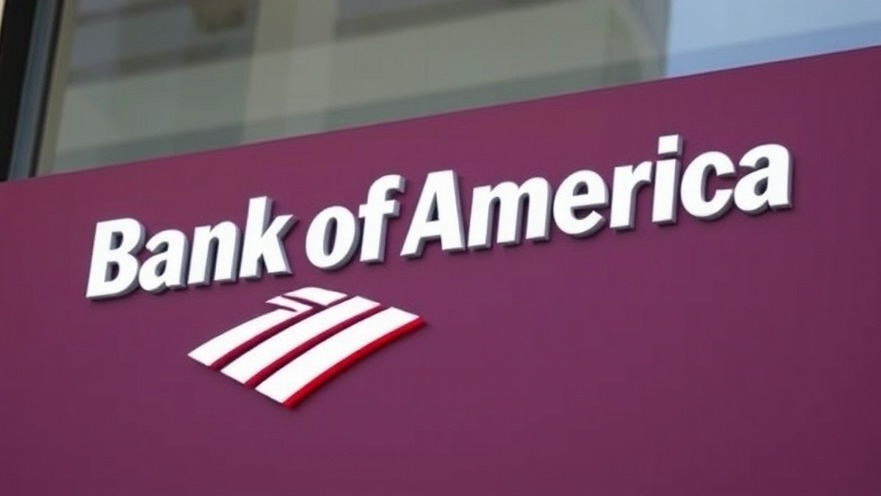
Will New Executive Orders Reshape Banking Practices in America?
In a move that could reshape the financial landscape in America, the White House is reportedly preparing to sign a controversial executive order targeting banks that sever ties with clients based on political affiliations. This follows a growing sentiment among Republican lawmakers and conservative activists that prominent U.S. banks are engaging in what they term 'woke capitalism.' Particularly, these institutions are accused of distancing themselves from industries associated with conservative values, such as firearms and fossil fuels.
The Context of Banking and Politics
The potential for federal penalties against financial institutions marks a significant shift in the intersection of politics and banking. The draft order, as reported by the Wall Street Journal, directs regulators to evaluate banks’ compliance with existing laws concerning discrimination based on political beliefs. Central to this discussion is the Equal Credit Opportunity Act, which protects consumers from discrimination, alongside various antitrust laws aimed at maintaining market competition.
Regulatory Measures and Implications
Should this executive order take effect, it would authorize federal agencies to impose a range of penalties, including fines and consent decrees, against banks non-compliant with the laws regarding political discrimination. The Small Business Administration would also carry the added responsibility of reviewing banking institutions involved in its loan guarantee programs for compliance.
Critics of these potential regulations suggest it might challenge the autonomy of banks, compelling them to navigate political waters more delicately. This expansion of regulatory powers reflects the current administration’s broader push to adjust financial regulatory frameworks amidst criticism of stakeholder capitalism.
The Rise of 'Woke Capitalism' Critiques
The phrase 'woke capitalism' has gained traction in recent years, particularly as banks adopt environmental, social, and governance (ESG) policies. Many conservatives argue that such initiatives discriminate against traditional sectors like oil and gas or gun manufacturing. Donald Trump and other Republican leaders have openly decried banking leaders, alleging that their stances against certain industries reveal a bias against conservative clientele. This accusation may also gain traction considering recent statements from influential banking CEOs denying political views as factors in their decision-making processes.
Historical Trends and Political Backlash
This scrutiny signifies a broader historical trend of political polarizations influencing various sectors, including banking. Financial institutions once revered for their discretion are now being painted as political players. This evolution brings into question essential principles of business ethics and operational integrity. Moreover, states led by Republican lawmakers are beginning to disagree with the banking sector's engagement in these progressive movements, filing legal actions against alleged discriminatory practices.
Consumer Perspectives and Changing Attitudes
The implications of such regulatory measures may extend beyond the banking sector, shaping how consumers choose to engage with financial services. As political views increasingly influence consumer behavior, awareness around a bank's stance on controversial issues could sway public opinion and business viability.
For consumers, particularly those in conservative landscapes, this potential executive action may be seen as a shield against perceived bias. Acknowledging that financial decisions can sometimes be influenced by personal beliefs, many may find comfort in knowing that banks could be held accountable for political discrimination.
Looking Ahead: Financial Landscape Changes
As Americans await the signing of the proposed executive order, tension mounts in the financial arena. With potential discussions around broader deregulation initiatives, including capital requirement revisions, stakeholders must prepare for a rapidly shifting environment.
A Call to Action: Staying Informed
In this fascinating period of regulatory evolution, it is essential for consumers to remain engaged and informed. Understanding your rights as a client and recognizing the political landscape that influences financial services is crucial. Regularly check news sources to stay updated on how these changes could impact your banking experiences.
 Add Element
Add Element  Add Row
Add Row 



Write A Comment